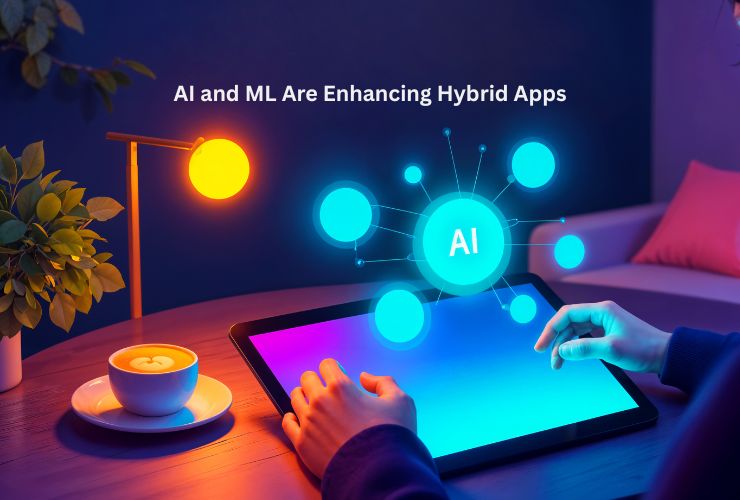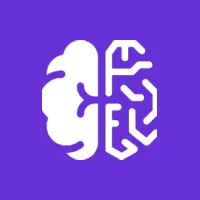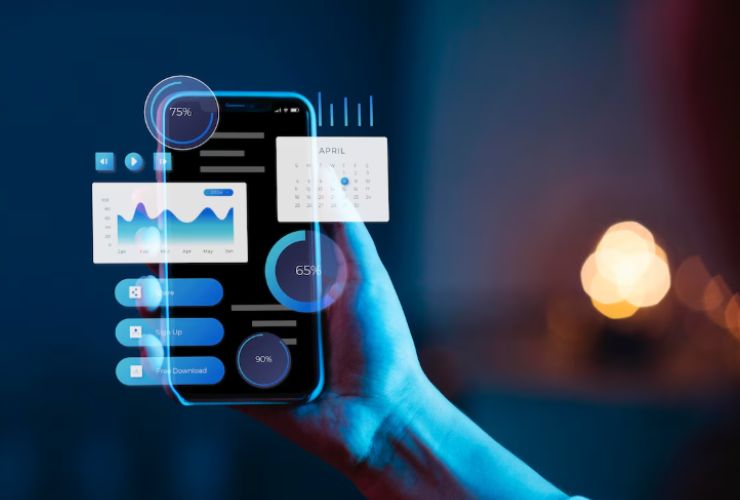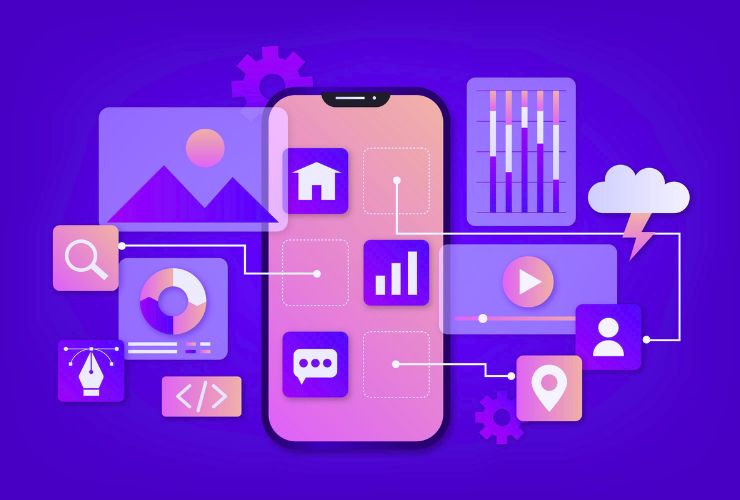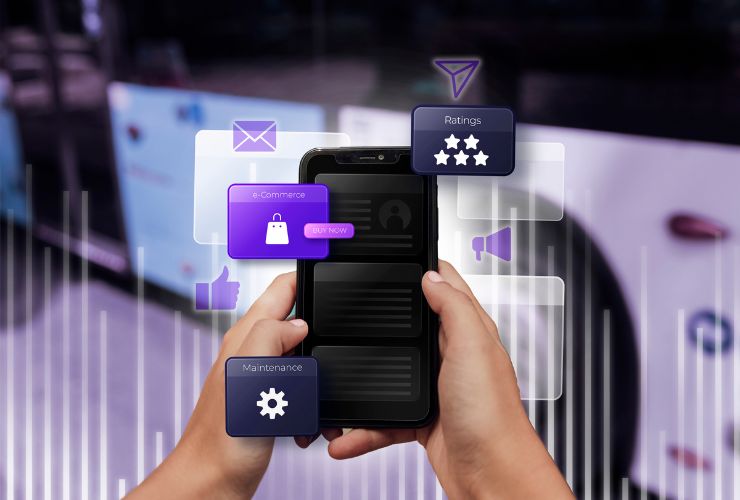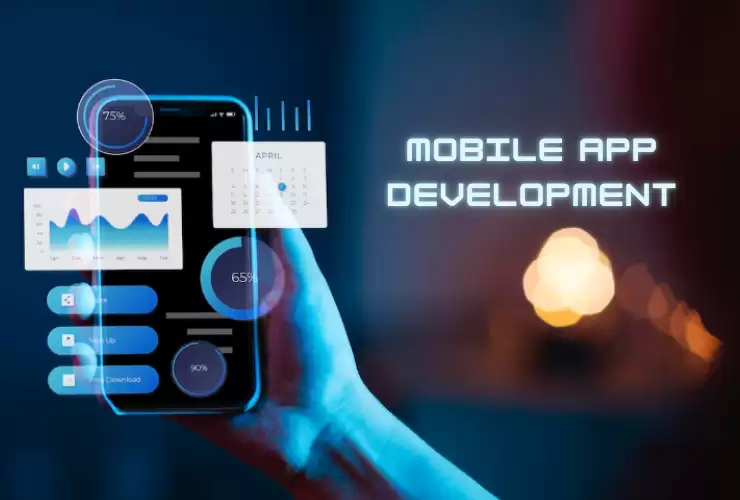Hybrid apps have revolutionized mobile app development by providing businesses with the ability to create apps that run on several platforms including, iOS, Android, and web with a single codebase. This dramatically reduces development time and cost and allows for reduced time-to-market.
However, with rising user expectations and competition, businesses need more than cross-platform compatibility; they need intelligent apps that deliver personalized, seamless, and engaging experiences. With that, Artificial Intelligence (AI) and Machine Learning (ML) can shift hybrid apps from simply being cross-platform tools into smart, adaptive, and proactive experiences that learn and evolve with the user.
Personalization With AI and ML
One of the most powerful ways that AI and ML can enhance hybrid apps is through the delivery of extremely personalized user experiences. Available mobile applications have created an environment where users expect the applications that they engage with to understand their preferences, anticipate their needs, and provide both tailored content and tailored recommendations. AI algorithms assess millions of data points related to user data such as behavioral data, interaction data, location data, and device usage data, to provide actionable insights.
So how does this all work? The important part with machine learning models is that they are continually learning from real-time user data to dynamically adjust recommendations or app interface changes. For example, a hybrid ecommerce app can promote products based on previous purchases and browsing history and a hybrid fitness app can provide a personalized workout plan based on previous performance and goals.
The benefits of personalization, engagement, user retention, and conversion all increase in correlation to the level of personalization supplied by hybrid mobile applications running AI. Hybrid applications powered by AI are not reacting to user activity instead they are proactively enhancing the user experience to ensure users are feeling valued and catered for.
The use of Artificial intelligence
Artificial intelligence also greatly improves efficiency by automating routine, repetitive tasks within hybrid apps, and today, AI-enabled features like chatbots and virtual assistants are core components of mobile apps. AI chatbots can help customers with quick questions about FAQs, mapping navigation, scheduling, and any other queries without needing an agent.
Automation offers the advantage of eliminating user wait times and frustrations, providing immediate assistance regardless of time or quantity of inquiries. For example, a hybrid banking app can utilize an AI chatbot to help users with checking balances, transferring money, or reporting issues, allowing customer service representatives to focus on more complex client requests.
AI can also automate backend tasks like data entry, updating inventory, or notifying users of personalized updates. This is not only less prone to human error, but also means a business can retain the individual assisting or addressing customer service and reallocate them to focus on strategic growth initiatives.
Performance Optimization
Machine learning isn’t just about smart features; it’s also about having hybrid apps perform as well as can be expected across varied conditions. Hybrid frameworks have historically been considered somewhat slower than native apps, but ML closes this gap by optimizing resource usage and preventing likely issues before they impact users.
Based on app usage patterns, ML algorithms can detect bottlenecks, memory leaks, or suboptimal code execution. They can dynamically adjust caching, load balancing, or data retrieval strategies based on user action and device capabilities. For example, if a user consistently uses some of the features, the app will preload related data or optimize the interface accordingly.
This anticipatory optimization of performance results in smoother animations, faster load times, and less crashing, that are directly translated into better user satisfaction and reduced churn.
Enhanced Security
Security is a major concern for mobile application development, especially when apps handle sensitive user data such as financial data, personal info, or medical history. AI-driven security technology integrated into hybrid apps provides robust protection against more sophisticated cyber attacks.
Machine learning programs monitor user behavior and purchasing patterns in real-time to pick up on anomalies that are likely to indicate fraud, hacking, or malware. Illustrations include suspicious login points, strange volumes of transactions, or rapid navigation patterns that can trigger alarms or temporary suspensions to bar intruders.
In addition, AI can help automate compliance with data privacy regulation like GDPR and HIPAA through real-time scanning of app usage and data storage trends. This proactive, adaptive security framework not only ensures user data is safe but also remains compliant with regulations and customer demands.
Future Outlook: AI, ML, and Hybrid Apps
The union of AI, ML, and hybrid app development is only getting more vibrant. As these technologies advance, new opportunities emerge for innovation and user interface. Next-generation hybrid apps will, we expect, feature complex AI capabilities such as:
- Voice recognition and natural language processing (NLP) to enhance more natural user experiences.
- Augmented Reality (AR) and Virtual Reality (VR) to create immersive, interactive environments.
- Predictive analytics to forecast user demands, market trends, and inform business decisions.
- Computer vision to enable capabilities like image recognition and augmented interfaces.
Firms that get in early with hybrid app platforms get ahead of the game in their market by producing apps that are not just functional but also smart, adaptable, and extremely engaging.
How Empirical Edge Inc. Facilitates AI-Driven Hybrid App Development
At Empirical Edge Inc., we see the revolutionary power of AI and ML in today’s mobile app development. Our experienced developers and data scientists collaborate intensively with each other in order to integrate these technologies into your hybrid app projects, tailored specifically to suit your company goals and audience.
We provide full-stack solutions — ideation and design, development, testing, and post-launch optimization — to help your hybrid app leverage AI and ML to the fullest. You have the option of incorporating personalized recommendation engines, AI chatbots, or advanced analytics, and Empirical Edge Inc. gives you scalable, secure, and high-performance hybrid apps that beat competitors in the market.
By adopting quality, innovation, and user-first design, our passion empowers companies from all sectors to find new value in their hybrid apps — driving growth, improving customer satisfaction, and securing their digital future.
Conclusion
The fusion of Artificial Intelligence and Machine Learning in hybrid app development is a new age of mobile applications — one where applications learn, adapt, and provide meaningful, personalized experiences and high performance with robust security.
For businesses, this convergence means more than adopting new technology; it’s about being competitive and relevant in a rapidly changing digital world. Hybrid apps with AI and ML features offer the best of cross-platform efficiency and intelligent functionality that enables businesses to deliver great value to their users without compromising speed or expense.
Elevate your hybrid app with AI and ML innovation.
Partner with Empirical Edge to integrate intelligent features that deliver personalized experiences, predictive insights, and outstanding performance.
Frequently Asked Questions
AI refers to the broader capability of machines to mimic human intelligence, while Machine Learning (ML) is a subset of AI that uses data to learn patterns and improve performance over time.
They enhance user experiences with personalization, smart recommendations, predictive insights, natural language interactions, and real-time automation.
Yes. AI can optimize resource usage, predict performance bottlenecks, and adapt content delivery based on user behavior.
ML models analyze user interactions and preferences to deliver individually tailored content, UI adjustments, and recommendations that boost engagement and retention.
Retail, healthcare, finance, logistics, education, and travel industries all benefit from AI-powered features like predictive analysis, personalized recommendations, and automated workflows.

